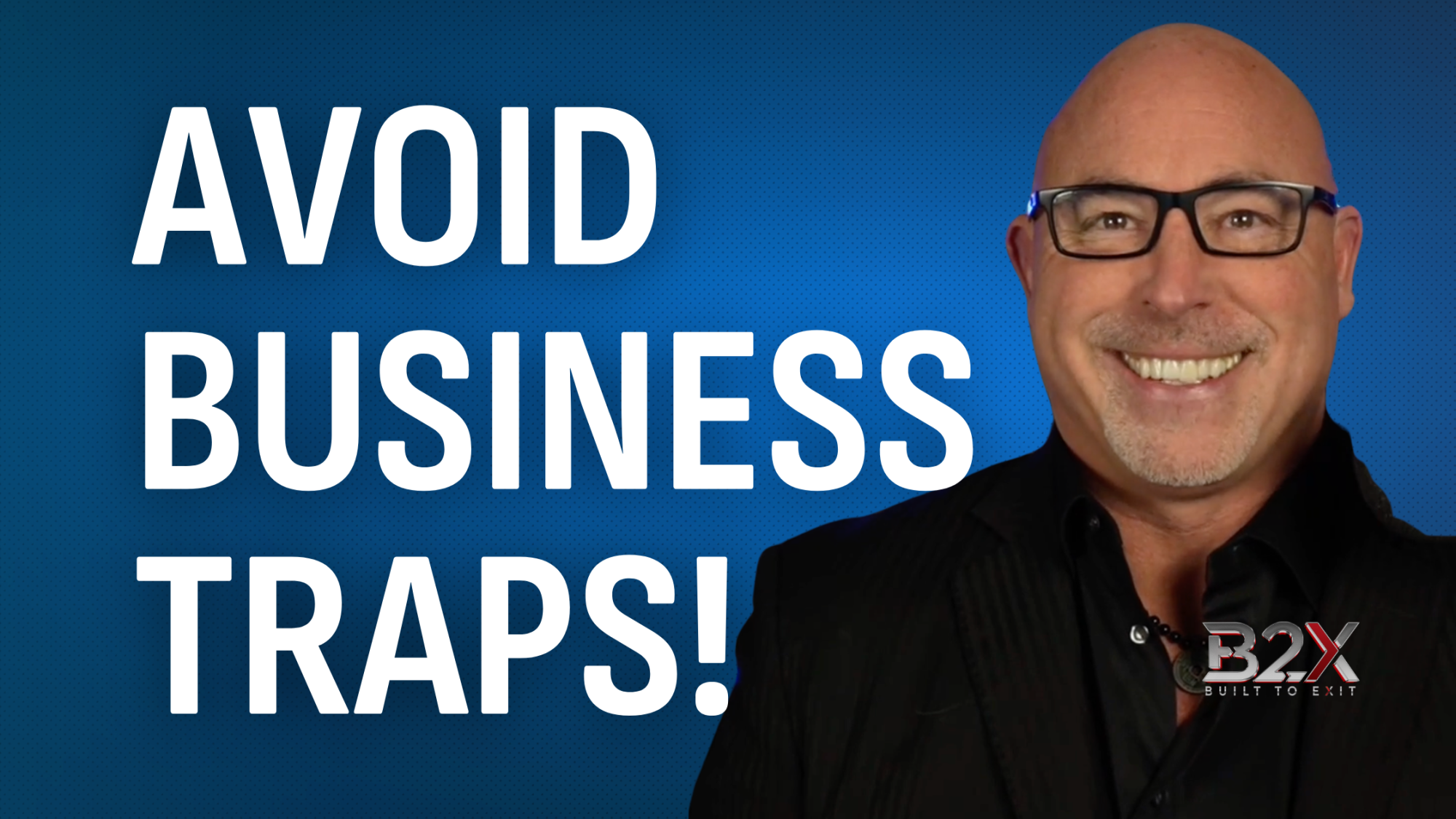
Navigating the Economic Storm: 1 Brutal Mistake Can Destroy Your Exit Strategy
Navigating the Economic Storm: Building Your Business to Exit
Welcome to the Built to Exit podcast, where we delve into strategies that help small and mid-sized business owners successfully navigate the tumultuous waters of today’s economic storm warnings. In this episode, our host Jason Sisneros explores the looming economic storm warnings, shedding light on what business owners can do to not only survive but thrive amid potential market disruptions.
Understanding How to Navigate the Economic Storm Warnings
The world of business is ever-changing, and economic cycles are inevitable. From the Great Depression to the dot-com bubble and the 2008 financial crisis, history teaches us that market fluctuations are a part of doing business. These cycles can present both challenges and opportunities for savvy business owners.
Jason reminds us of an essential principle: “Cycles are inevitable.” This means that while economic downturns can be daunting, they also provide opportunities for those who are prepared. Key to thriving during these cycles is maintaining a steady perspective and not succumbing to fear or greed. The business landscape is defined by both rational stability and irrational exuberance, and finding the balance is vital.
Private Equity Bubble: Insight and Preparedness
A critical part of this episode’s discussion centers around the potential bubble within private equity firms. Jason introduces us to the insights of Tiffany C. The Vino Mom on X Twitter, a researcher who has drawn parallels between today’s private equity landscape and the housing market volatility of 2007-2008. This is a pivotal issue because private equity companies are significant players in the business acquisition game.
Currently, private equity firms have accumulated enormous assets under management, with giants like BlackRock holding $10 trillion. Jason explores how these firms, in pursuit of aggressive growth, often acquire businesses and take on debt with variable rates. As interest rates rise, these debts become unsustainable, risking the stability of even well-managed companies.
For business owners, understanding these dynamics means staying informed about market trends and practicing due diligence before entering deals with private equity or seeking investments. Jason emphasizes operational discipline and financial responsibility, urging business owners to maintain clarity of vision and ensure their business operations are robust and resilient to external pressures.
Strategic Business Discipline: The Built to Exit Success
While the prospect of economic downturns might seem daunting, Jason stresses that businesses with strong fundamentals will always find opportunities. Maintaining “operational discipline” is crucial. This means adhering to tried-and-true business principles: keeping expenses low, adding value obsessively, and nurturing relationships with customers, employees, and vendors.
Financial integrity is another foundational element. Business owners must know their numbers, manage liquidity, and avoid debt traps. One effective strategy is to identify your “enough” – understanding the point at which your business achieves financial stability and freedom for you and your family. This clarity informs decision-making, allowing you to take calculated risks and seize opportunities without undue fear.
Emotional Intelligence and Community Building
Economic shifts test not just our financial savvy but also our emotional intelligence. During market highs and lows, maintaining calm and making decisions from a place of strength is vital. Jason concludes with a powerful call to action: unite the small and mid-sized enterprise (SME) community, pooling resources and knowledge to navigate challenges together.
This community spirit is reflected in the Built to Exit mission – helping business owners reach their targeted outcomes and achieve meaningful exits. By exiting on your terms, whether that means selling and moving on or staying engaged, your business can continue to be a source of freedom and not a cause of stress.
Conclusion
Navigating the economy storm marked by uncertainty, preparing for ambiguity is the best strategy for business owners. By aligning your business practices with core principles and developing a detailed exit strategy, you can ride out cycles effectively. Trust in your clarity of vision, operational discipline, financial integrity, and emotional intelligence.
Join us on this journey to build businesses that create cash machines and achieve exits that are beneficial to you. Engage in the SME community, make informed decisions, and never stop learning. Remember, as we often say on the Built to Exit podcast: everyone exits, but how you exit matters. So, let’s kick some ass, stay tuned for more insights, and make your business legacy one that lasts through generations. Contact me today for your custom tailored Built to Exit!